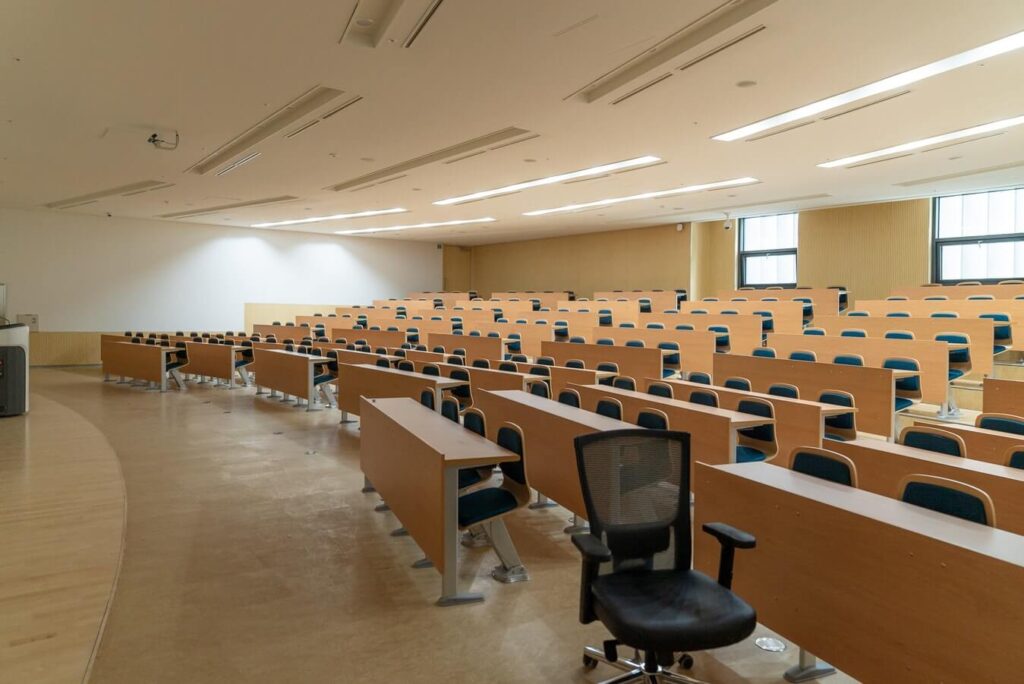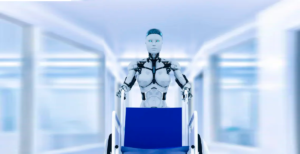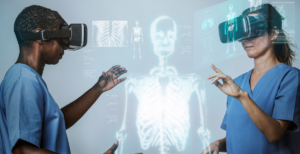Despite disability services on campus, many universities seem to be failing their disabled students.
Whether it is the lack of understanding, ignorance, or inaccessibility throughout campus. In fact, many disabled students have reached out to social media to discuss their experiences.
A recent trend on Twitter has gone viral called, #WhyDisabledPeopleDropOut. Many students are discussing their experiences in the classroom, and around campus.
Many people may not even realize this issue, but it’s a huge disadvantage for disabled students wanting to pursue further education. And quite frankly, it’s extremely unfair.
It’s the responsibility of each university to provide accommodation for anyone who meets the requirements of the university. It’s the job of the university to understand these needs and accommodate them.
It’s important to know that not every university operates like this. In fact, there are plenty that is accessible and have policies in place to help disabled students.
It’s a large number of universities that fail to accommodate disabled students that have opened up this question.
Ignorance and Inaccessibility at Universities
At many universities, professors are either ignorant or don’t understand these students’ disabilities.
Attendance and technology policies are two policies that can make it difficult in the learning process for disabled students.
Sometimes disabled students aren’t able to make it to class because of medical reasons, and that needs to be taken into consideration when it comes to their grade. Disabled students shouldn’t see their grade drop due to their disabilities.
Some students need technology in the classroom to help learn. Many professors have rules against technology, which is unfair to those who may depend on it. This is pure ignorance on a professor’s part, and can easily be avoided.
Pure ignorance is also an issue in the classrooms. Professors should never have to ask “the level” of a person’s disability. Universities should accommodate every student to ensure they have the opportunity to succeed in each class.
Then, of course, many campuses fail to be truly accessible. Many universities have their handicap parking or disability service offices in areas that are inaccessible. Some students have stated their disability services office has been located in an area where the stairs are required or don’t have an accessible walkway.
Discussing the matter can seem silly because it seems like common sense for most of these concerns. Unfortunately, they’re not.
How these concerns can be resolved?
Follow the lead of other universities. You can’t change a person’s personality, but you can teach them about many disabilities.
This can be helpful for professors to understand their students and help accommodate their needs. It would be beneficial both to the students and professors.
Some professors may not know how to react in certain situations, and training can certainly help.
As for the inaccessibility around campus, that can be an easy fix. Ramps should be built into each building, and elevators should be in every building. That goes along with dorm buildings, which many times have broken elevators.
It’s unfair to limit disabled students from experiencing their college experience.
So, if some universities can accommodate their students, every university should be able to do the same.
How social media can help this change?
This hashtag circling around Twitter can make a difference. In today’s society, change is sparked many times by social media movements.
Social media gives a voice to everyone and allows them to spread their ideas worldwide within a few hours.
This hashtag already has thousands of tweets. It would be surprising if this didn’t help make a change somewhere.
Schools tend to listen to the changes throughout social media and respond with change. Maybe it’s a promise, or maybe serious plans begin to take shape.
The goal is for actual changes to occur, and that can be a serious possibility if this trend continues to spread throughout social media.
Disabled students are just as important as any other student, and there should be accommodations to fulfill their needs.





